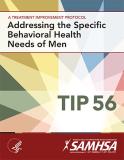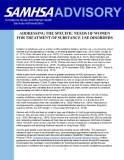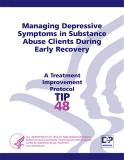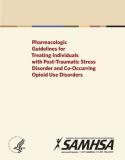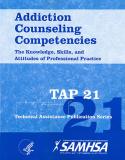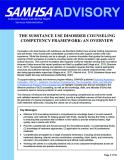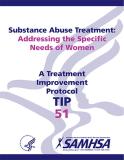
This guide assists providers in offering treatment to women living with substance use disorders. It reviews gender-specific research and best practices, such as common patterns of initial use and specific treatment issues and strategies.
Units per Product
Download
TIP 51
File Type: PDF
File Size: 7.88 MB


